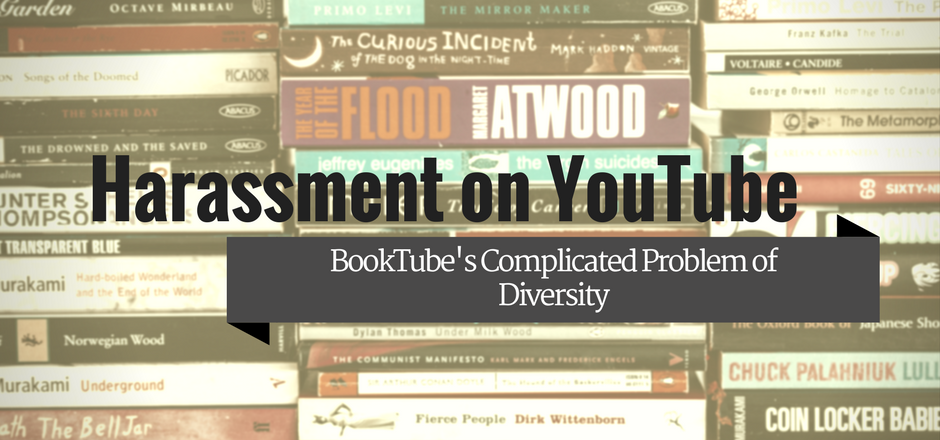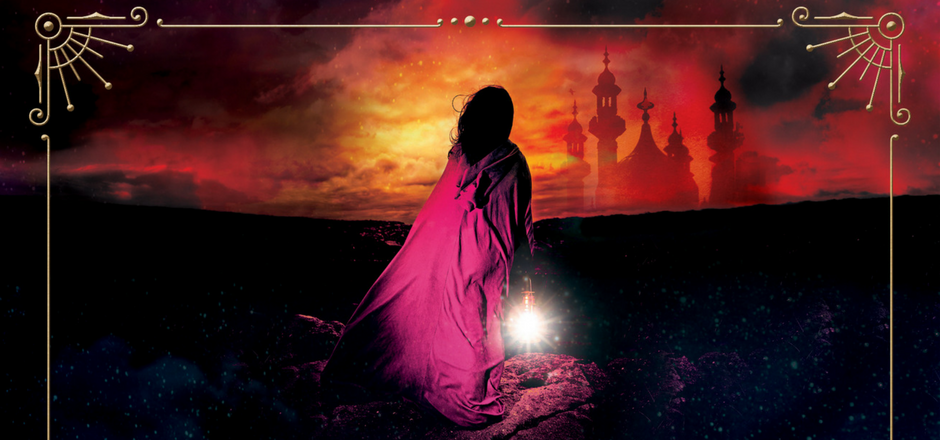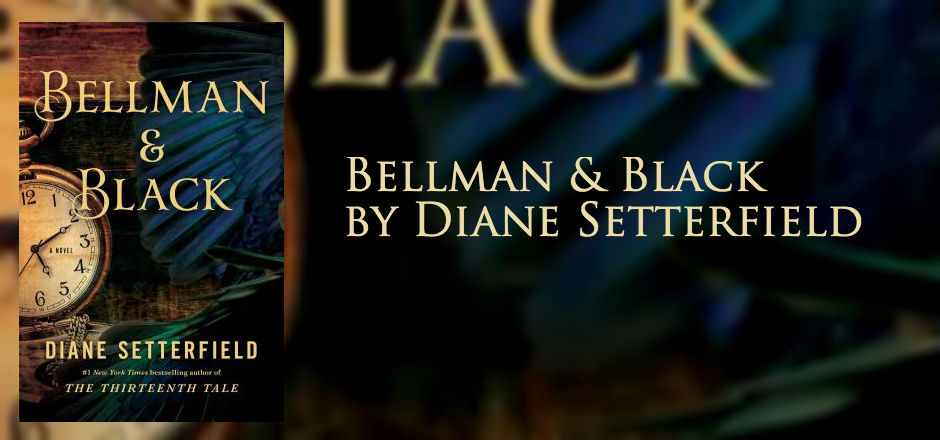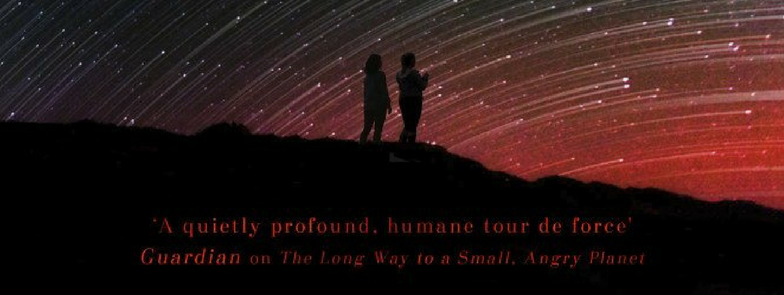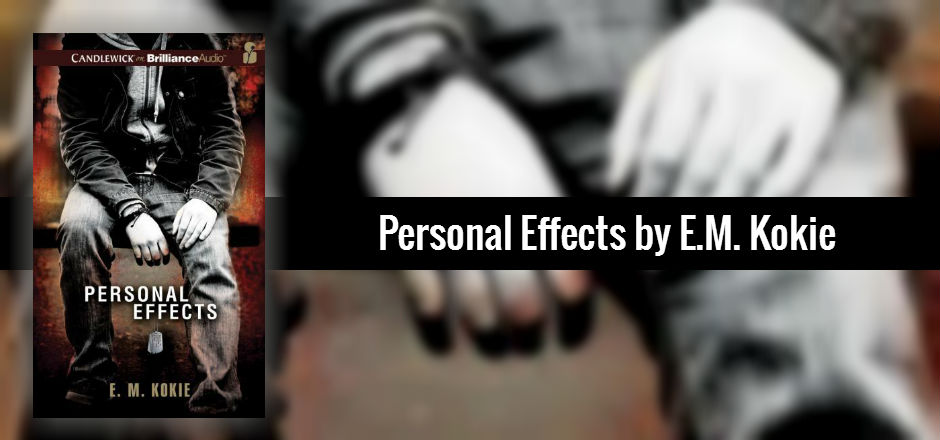Marisa Jue is one of many BookTubers who participated in the #IStandforDiversity hashtag campaign in late 2016. As someone of mixed Chinese, Lebanese, and Irish descent, she has been inspired to use her social media platforms, including her BookTube channel littlespider9, to create a more inclusive book community for mixed race individuals. But joining the hashtag caused some social media backlash.
“Almost immediately, I received a tweet from an individual telling me to suck it up, that not being able to decide what race I was wasn’t a good enough reason to complain,” Marisa said.
Marisa felt this tweet was a way of dismissing her experience as a mixed-race woman who struggled to find her place in a world that perceives race in clearly defined terms.
According to a Pew Research survey, 21 percent of mixed-race individuals have experienced pressure from others to identify as a single race. The American Psychological Association also indicates that multiracial people often have their identities erased, being assigned to one singular race instead in entertainment and the media. Because of this, and the estimate that multiracial people make up only about 6.9% of the U.S. population, many mixed-race individuals report feeling a lack of multiracial identity, community, and role models.
Mixed-race individuals who grew up in a culture that doesn’t recognize their full identity should be able to have a space like the book community to feel welcome in and not be subjected to ignorant comments, like the one Marisa received.
Raul, a Puerto Rican BookTuber who runs the channel Latin Lector, has also struggled with identity issues involving his ethnicity and his passion for reading.
“I have felt like an outsider most of my life because I didn’t really ‘fit in’ to a group except for BookTube,” Raul said. “In the Hispanic community, enjoying reading is not something you normally see. People unfortunately consider it to be a ‘white’ people thing.”
While both have dealt with racial identity issues with regards to their love for books, Raul’s feelings of exclusion from his Puerto Rican identity stem from other Hispanic people, unlike the harassment Marisa receives from people of a different racial background.
Roxanne, a queer woman who is also of Puerto Rican descent, has also dealt with pressure to act a certain way according to her race. On her BookTube channel The Novel Sanctuary, she expresses her views on topics like racism in what she describes as a “palatable” way, which differs from her preferred mode of expression in her personal life.
“When I am alone with my activist queer friends of color, I am forceful in my opinions, I use slang, I wear dark lips and huge hoops and long nails and speak in Spanglish. Outside of these circles, I have the privilege to speak ‘proper’ English, whatever that means, to tone down my look, how loud I am, if speaking in English I try to hide slang,” Roxanne said.
She describes this privilege as stemming from society’s preference for Western ways of speaking, dressing, and conducting behavior. While Roxanne may have mastered this in her professional life, the stigma against people of color speaking in their own vernacular remains prevalent, particularly for the Black community.
In 1996, after the Oakland, California school administration approved the use of Ebonics, often known as African American Vernacular English, in their education system, outrage erupted amongst critics despite linguists pointing out that AAVE has its roots in 17th-century British regional dialects, consisting of its own language pronunciations and grammar. However, because the socially-accepted Standard English is connected to White people, Black people who more typically use this form of English are often ridiculed for their Black peers for “talking white.”
A similar phenomena can be linked to Hispanic people, especially when considering the results of a Pew Research survey indicating that 2.5 million Hispanic Americans who had previously identified as non-White in 2000 started identifying as White in 2010. The reverse was also true, albeit in smaller numbers – 1.3 million Hispanic Americans denounced their previously-held White identity for a non-White one in 2010.
Some researchers believe that these Hispanics newly-identifying as White are part of a cultural phenomenon of Hispanics assimilating into White American society. This assimilation most likely comes from those second- and third-generation Hispanics who tend to have higher education and incomes than first-generation Hispanics, feeding into the idea that success leads to Whiteness. However, further research shows that those Hispanics who have experienced discrimination due to their ethnicity are not as likely to label themselves as White.
This divide in Hispanic identification not only stems from the experiences that different Hispanic groups face, but also leads to different behaviors and expectations within the community, as seen with the conflicting nature of the problems Raul and Roxanne face, despite both BookTubers being Puerto Rican.
Similar to Raul, the harassment Francina has received on her channel Francina Simone was from people of her own race who attacked her for not behaving the way they thought Black people should.
“Once I was harassed by a black man for my diversity video. He seemed to take a lot of things out of context and concluded that I was a coon and all sorts of other stuff,” said Francina.
In many POC groups, such as the Black community, there seems to be a reoccurring theme of interracial prejudice that could lead to increased levels of harassment. Data pulled from Harvard’s Implicit Association Test reveals that 48 percent of African-Americans have an implicitly biased preference for White people over Black people. Such preferences can lead to the Black-on-Black harassment that Francina received, according to Jennifer Eberhardt’s explanation, a psychology associate professor at Stanford.
“Some [implicit bias], at least, is coming from living in a world that’s unequal and a world that’s racially stratified. Those correlations are there and they’re real and they influence how we think. That can in turn influence perception and action,” Eberhardt said.
https://www.youtube.com/watch?v=Bx3I5p4qgUQ
Francina also encourages BookTubers belonging to minority groups to bring their own distinctive perspective to their channels. She believes that only promoting the “POC” perspective leads to tokenism in the community, making the BookTube community more exclusive.
“We’re making room for a few tokens and the message to all minorities is: ‘you’re nothing more than your attribute, we only need a handful of you, the rest aren’t welcomed at the multifaceted table,’” she said.
Kenni Terrell, a writer for The Odyssey Online, stated that the college she attends, Iowa State University, reportedly has 87.3 percent of students who are not part of any racial minority. This leads to Terrell and the other 12.7 percent minority of students to become the “voice” for their minority. While not only is it ridiculous to assume that a single Black person, like in Terrell’s case, is the official spokesperson for the whole Black community, it’s also dehumanizing to diminish someone’s personality to just their race.
Roxanne hasn’t received much harassment on her BookTube channel The Novel Sanctuary, save for one particular incident. She published a review of the book Love in the Time of Cholera by Gabriel Garcia Marquez where she calls out the pedophilia and racism present in the novel.
“…fans of the book…essentially told me that’s ‘just the way things were’ and that I should essentially just respect and like the book for what it is and because it’s such popular literary fiction,” Roxanne said.
Critiquing any popular form of entertainment often leads to harassment from defensive fans. Viewers who have pointed out the misogyny in the HBO show Game of Thrones often received aggressive backlash from fans who refuse to understand their point of view. While constructive discussions between both sides of any argument are beneficial, the blatant, defensive dismissal from many fans when faced with criticism not only shows a lack of critical thinking skills, but also leads to the type of harassment that Roxanne received.
Listening to the opposing side of any debate is one step to fostering healthier online communication and reducing the amount of harassment that occurs. However, we also need to remain empathetic towards other people’s identities and life experiences, which can lead to differences in people’s behaviors online. With enough empathy for other people’s struggles, BookTube, along with the rest of the world, can foster more respect and understanding for people of all identities.
Support These Creators
Find Francina Simone on YouTube, Twitter, and Instagram. Support Marisa Jue of littlespider9 on YouTube, Twitter, and Instagram; we also recommend her video “Asian American Author Recommendations II.” You can support Raul on his YouTube channel Latin Lector as well as on Twitter and Instagram. You can also support Roxanne by following her YouTube channel, The Novel Sanctuary, as well as following her on Twitter, Instagram, and Tumblr.
[coffee]
